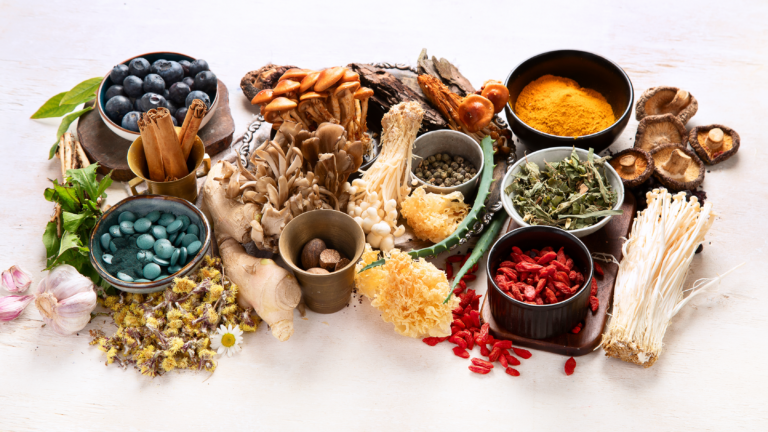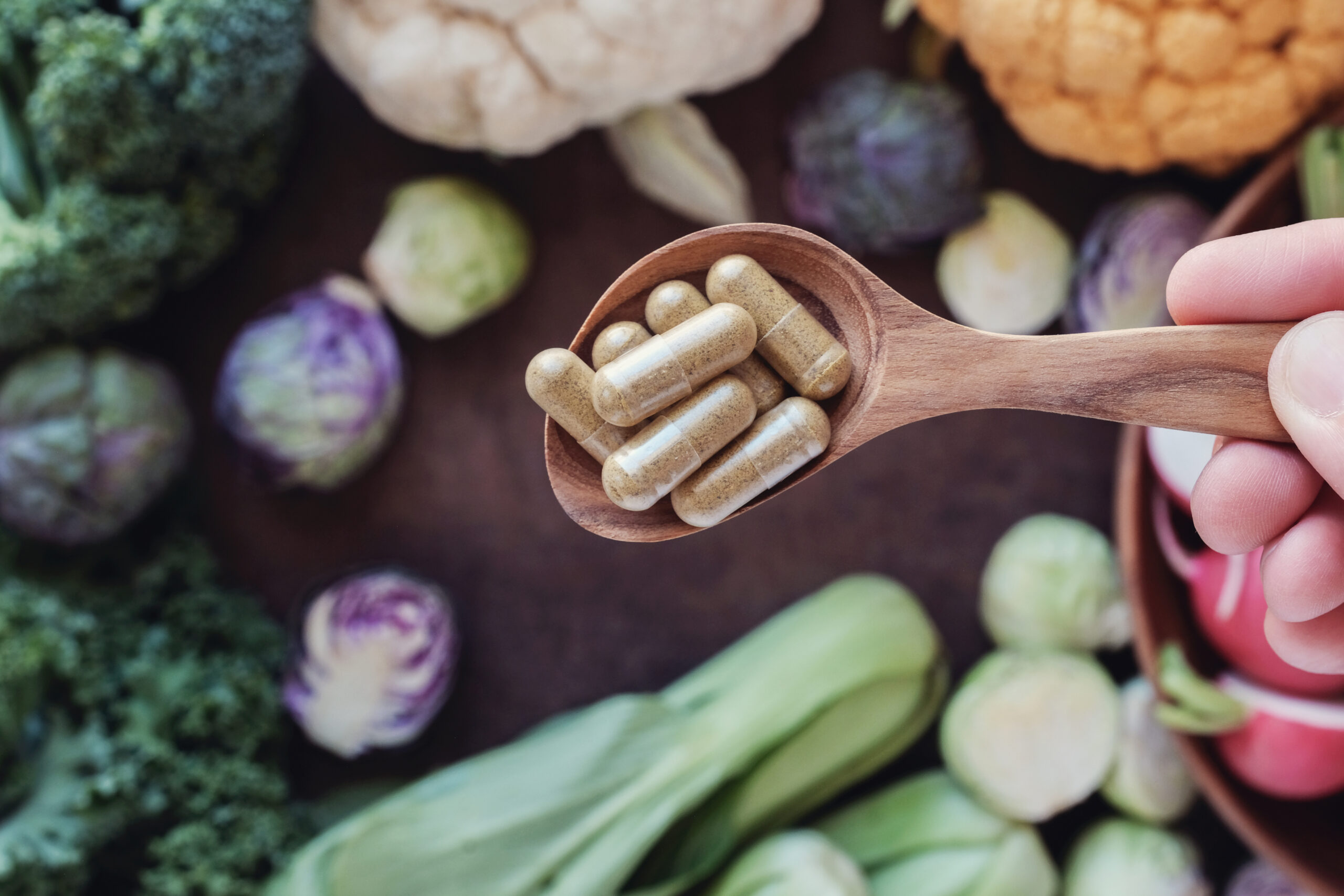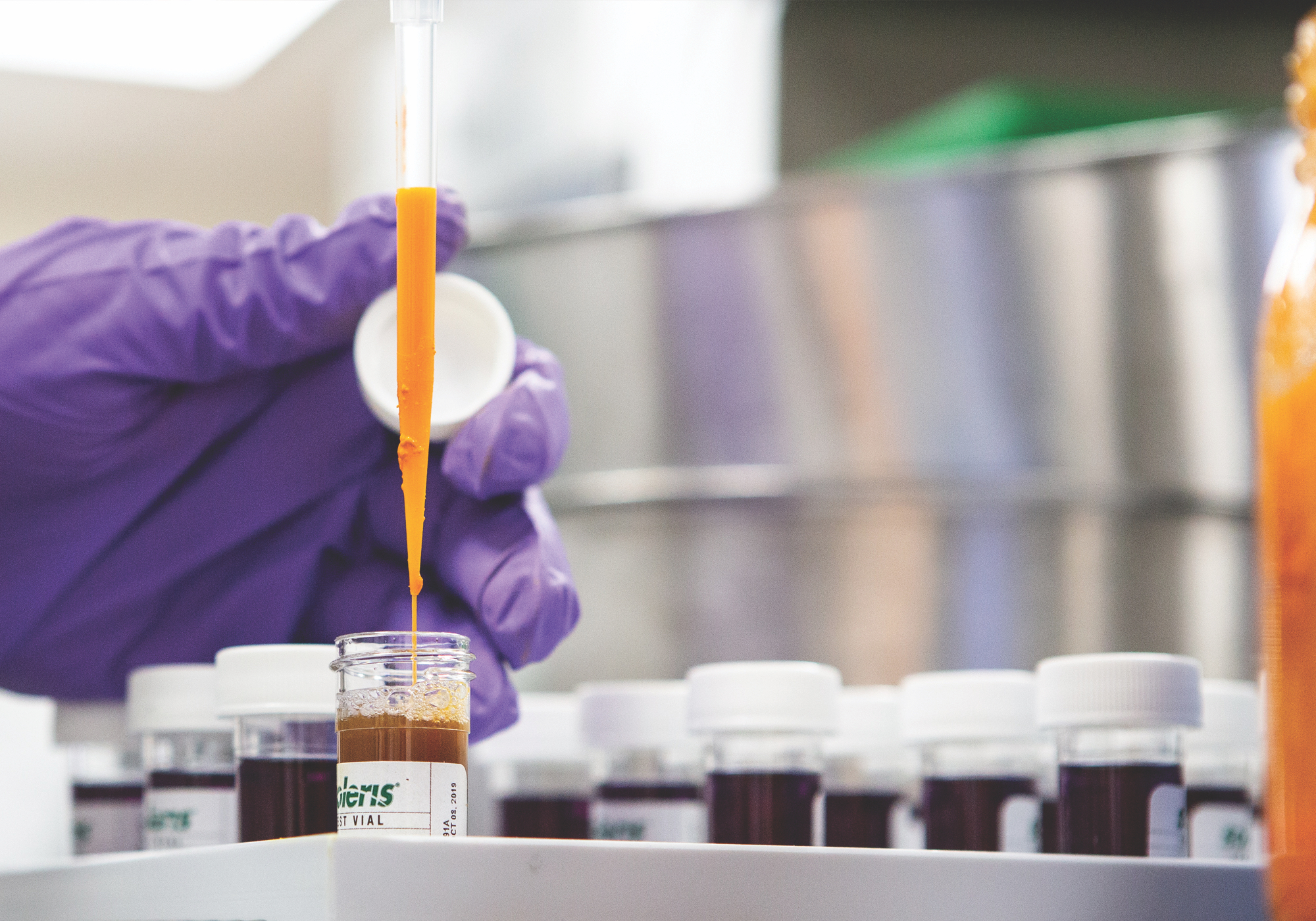Scientific name:Thymus vulgaris
Constituents:
- Volatile oil (thymol & carvacrol, geraniol, borneol, linalool & cineol)
- Phenolic acids (Caffeic acid derivatives: rosmarinic)
- Tannins
- Resin & Gums
- Flavonoids (luteolin, apigenin, naringenin, cirsilineol, cirsimaritin, thymonin)
- Triterpenes (ursolic acid & oleanolic acid)
Medicinal actions:
- Anti-cancer
- Anti-parasitic
- Antimicrobial
- Antispasmodic & Carminative
- Astringent
- Expectorant (Stimulating)
Mechanism of Action & Pharmacology:
- VO (carvacrol & thymol) increases mucus secretion of the membranes in the lungs and a relaxant effect on smooth muscle (especially of lungs & digestive tract). Are also disinfectant and analgesic, and also contribute to a general reduction of inflammatory responses.
- Antibacterial activity has been demonstrated against several strains of Gram-positive & Gram-negative bacteria including S. aureus & E. Coli as well as having anti-fungal effects against Candida, and anti-viral effects against HSV-2.
- Rosmarinic acid has been shown to inhibit oxidation of LDL and scavenge hydroxyl radicals.
- Note: Many constituents work synergistically to provide its anti-tussive, antispasmodic, and expectorant actions.
Pharmacy:
- Infusion
- Tincture
- Capsules
- Topical use of essential oil (best if diluted) or as steam inhalation/aromatherapy
Safety & Toxicity Concerns:
- Topical use may cause dermatitis and mucus membrane irritation.
- Avoid in pregnancy (above culinary amounts) and internal use of essential oil (may cause headache, vomiting, painful diarrhea, tinnitus, kidney damage, dizziness, convulsions, respiratory paralysis and death).
Interactions:
- None known.







